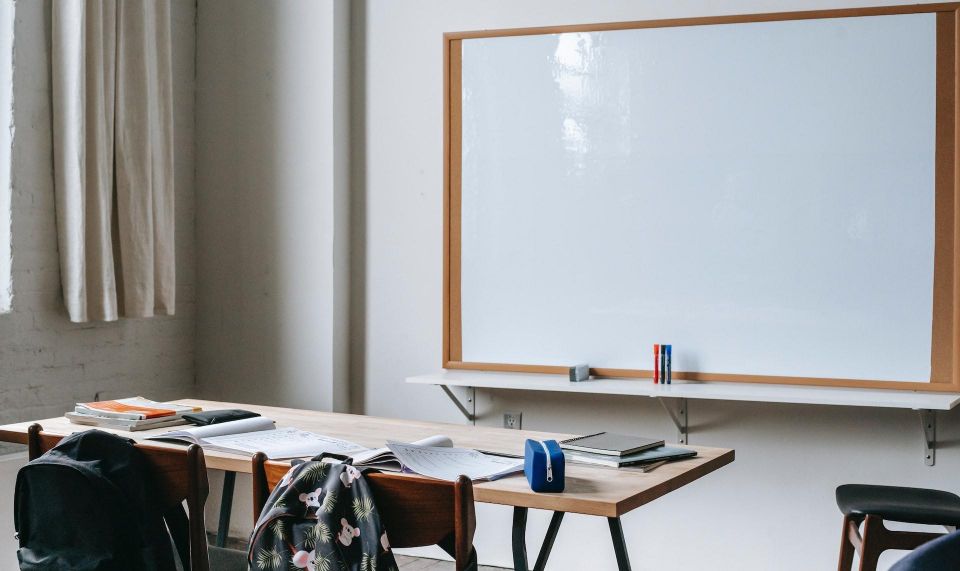
Education is an essential tool for progress. It arms us with the knowledge and skills necessary to navigate the world. While higher education often receives much attention, the importance of basic education cannot be overstated. Basic education serves as the foundation on which all other educational endeavours are built. It shapes the formative years of a child and determines how they perceive learning for the rest of their lives.
Let’s take a closer look at a typical day in a basic education classroom to highlight the significance of this foundational phase. Seven-year-old Lily walks into her second-grade classroom at 8:30 AM, greeted by the welcoming smile of her teacher, Mrs. Johnson. The walls of the room are adorned with colorful posters outlining the alphabet, numbers, and various basic concepts they study in class.
The day’s lessons begin with reading. The children huddle around Mrs. Johnson as she opens a picture book and starts reading aloud. The story captivates the students, with the engaging text and vivid illustrations bringing characters to life. This reading exercise not only improves their vocabulary but also fosters a love for books and kickstarts their imagination.
Next comes mathematics. Mrs. Johnson uses tangible objects like blocks and fruits to help explain basic mathematical concepts such as addition and subtraction. This hands-on teaching approach ensures that students fully understand the logic behind arithmetic. It also promotes problem-solving skills and logical thinking, which are crucial in various aspects of life.
After a short recess, they move on to science. Today, they are learning about the water cycle. Mrs. Johnson uses a simple experiment involving a pot of boiling water and a glass lid to demonstrate evaporation and condensation. The students look on in wonder as the ‘rain’ begins to fall from the underside of the lid, a practical illustration making the concept more relatable and exciting.
The rest of the day is filled with art, physical education, and social studies, with each subject equally important in providing a well-rounded educational experience. Art encourages creativity and individual expression. Physical education promotes teamwork and instills the value of a healthy lifestyle. Social studies teach them about their community, country, and the world, fostering empathy, and understanding of diverse cultures.
At the end of the day, Lily packs her bag and waves goodbye to Mrs. Johnson. She walks out of the classroom, her mind buzzing with new knowledge, skills, and experiences. This is the beauty of basic education. It’s not about memorizing facts or acing exams; it’s about nurturing a child’s curiosity, developing their essential life skills, and laying the groundwork for their ongoing education.
Basic education is the fundamental stepping stone to a successful and holistic learning journey. It shapes and influences a child’s mental, emotional, and social development. Hence, it is significant that we place high importance on the quality and accessibility of basic education. It is, truly, the foundation of knowledge.